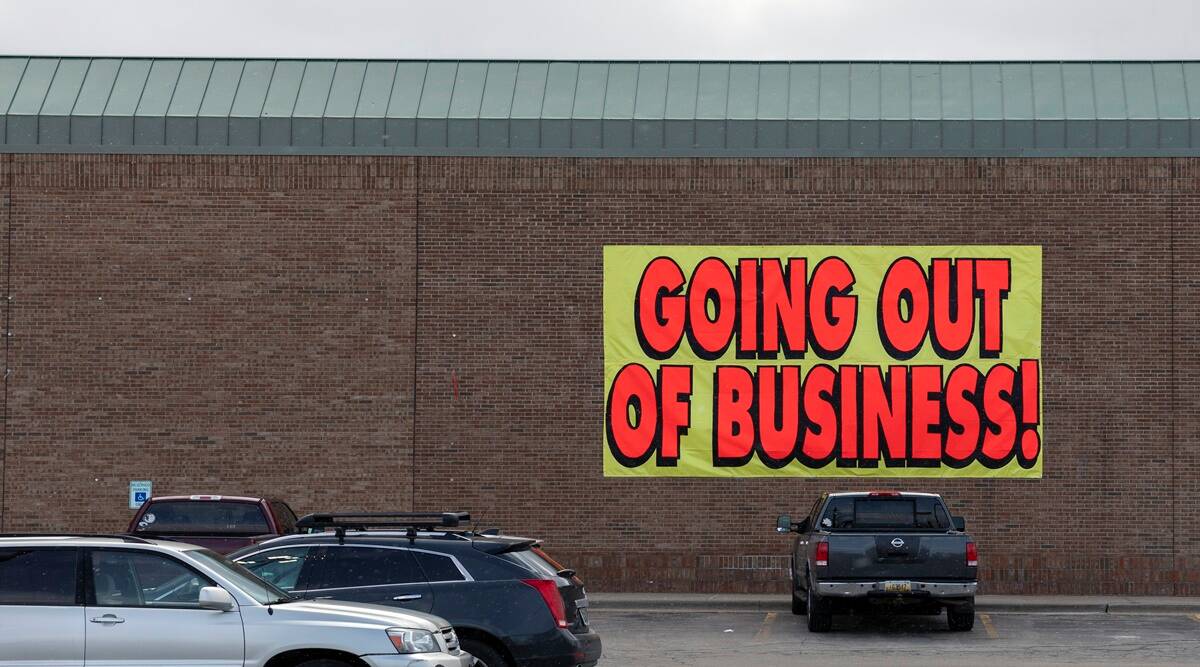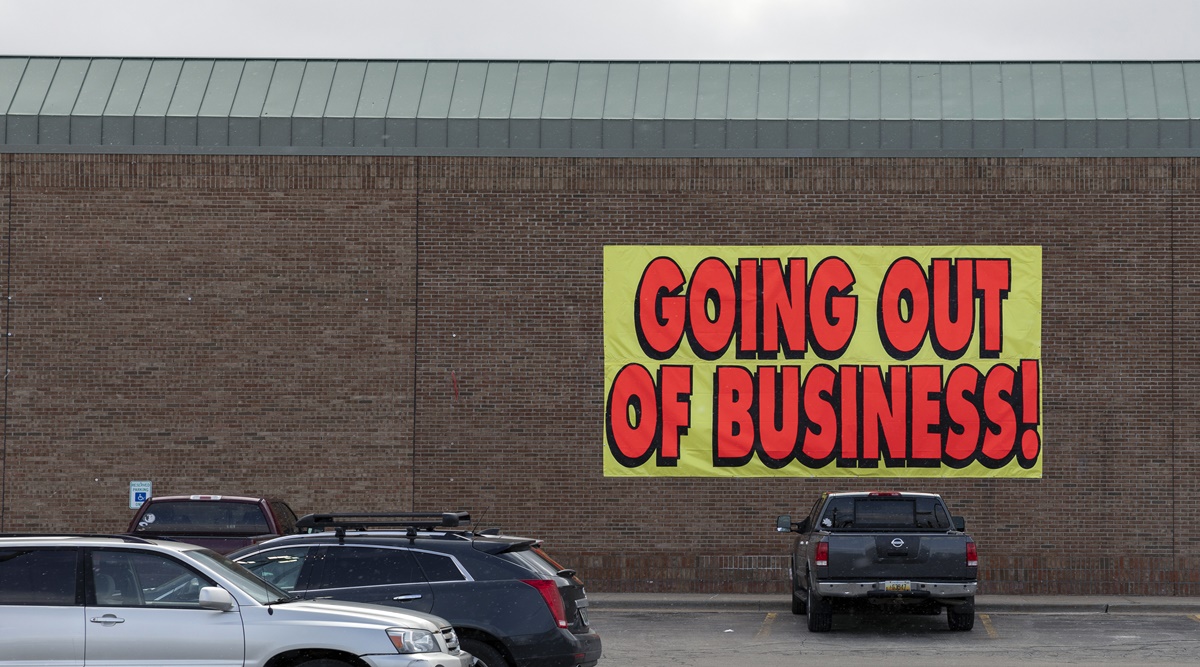

High inflation, rising interest rates, shaky economic activity and volatile markets have raised the probability that the US economy will slip into a recession, according to economists.
But the range of their forecasts is wide, from a relatively remote chance of a recession — commonly defined as a shrinking of the economy for two consecutive quarters — to more confident predictions that a downturn is imminent. In general, forecasters who say a recession will be avoided emphasize that they might be too optimistic, while those who are confident that the economy will shrink are quick to say the recession won’t be that bad.
Here is what some economists, analysts and strategists have said recently about the chances of a recession:
Best of Express Premium
Deloitte
Daniel Bachman, who runs the US economic forecasting team at the consulting firm, puts the chance of a recession at about 15%, “less likely than some analysts would have you believe.”
Pantheon Macroeconomics
Ian Shepherdson, the chief economist of the research house, says that its “base case remains that a recession is unlikely,” and that if there is one, it will be “brief and mild.”
Morgan Stanley
Ellen Zentner, the investment bank’s chief US economist, notes that “accelerating inflation has been a common precursor to recessions.” But despite high and rising inflation, the probability of a recession in the next 12 months is about 30%, according to the bank’s models.
Goldman Sachs
Analysts at the Wall Street giant have raised their predicted probability of a recession, but think that one can still be avoided (via “a feasible though difficult path”). David Mericle and Ronnie Walker put the odds of a recession in the next year at 30%, up from 15% before, and just under 50% in the next two years, up from 35%.
JPMorgan Chase
Economists at the largest bank in the United States, led by chief economist Bruce Kasman, have raised their expected probability of a recession in the next 12 months to an “uncomfortably high” 35%. “The risks are skewed decisively to the upside on inflation and to the downside on growth,” they write.
Bank of America
Ethan Harris, a global economist at the bank, expects growth to slow to almost zero in the second half of next year, with a 40% chance of an outright recession, and “only a modest rebound” in 2024.
Citigroup
Economists at Citigroup, led by Nathan Sheets, the global chief economist, put the odds of a global recession at 50% and expect the US economy to slow but not shrink, although “we see recession probabilities as appreciable and rising.”
TD Bank
The Canadian bank’s economics team, led by Beata Caranci, the chief economist, is not expecting a US recession, although “with growth close to stall speed, there is a very thin margin for error if another shock hits economies.”
Credit Suisse
After deep cuts to its forecasts, the US economy is on “the edge of a recession,” according to the team led by Jeremy Schwartz, the Swiss bank’s director of US economics, but there are “buffers” that should shield the economy from “spiralling into a broader downturn.”
Oxford Economics
The Federal Reserve has a “fighting chance” to tame inflation without causing a recession, writes Kathy Bostjancic, the group’s chief US economist. She has cut her forecasts for growth, which come “precariously close to tipping into a recession by mid-2023,” she says.
Fitch Ratings
The team at Fitch Ratings, led by Brian Coulton, the chief economist, expects that economic growth will slow to just 0.1% per quarter in the second through fourth quarters next year, a pace that will put the economy “perilously close to the risk of technical recession.”
Berenberg
Analysts at the German bank, led by Holger Schmieding, the chief economist, expect the US economy to stagnate in late 2022 and shrink in the first three quarters of 2023, but only by a “relatively modest” 0.4% for the year. “With luck, the recession will be a shallow one,” they write.
Deutsche Bank
Months ago, economists at the German bank forecast that the US economy would tip into a recession by the end of 2023, but now they expect “an earlier and somewhat more severe recession,” according to the team led by Matthew Luzzetti, the bank’s chief US economist. They expect the economy to shrink 0.5% in 2023.
Wells Fargo
A recession in 2023 “seems more likely than not,” according to a report by Jay Bryson, the bank’s chief economist. His forecast is for the economy to shrink 1% over two-quarters next year, “one of the milder downturns in the post-W.W. II era,” similar to the recession in the early 1990s. For something resembling a silver lining, he writes, “Because we think the downturn will not be especially deep, we do not expect the labour market to fall completely apart.”
S&P Global Ratings
A report led by Beth Ann Bovino, S&P Global’s US chief economist, put the risk of a recession at 40%: “Economic momentum will likely protect the US economy from recession in 2022,” the report said. “But, with supply-chain disruptions worsening as the weight of extremely high prices damage purchasing power and aggressive Federal Reserve policy increases borrowing costs, it’s hard to see the economy walking out of 2023 unscathed.”





